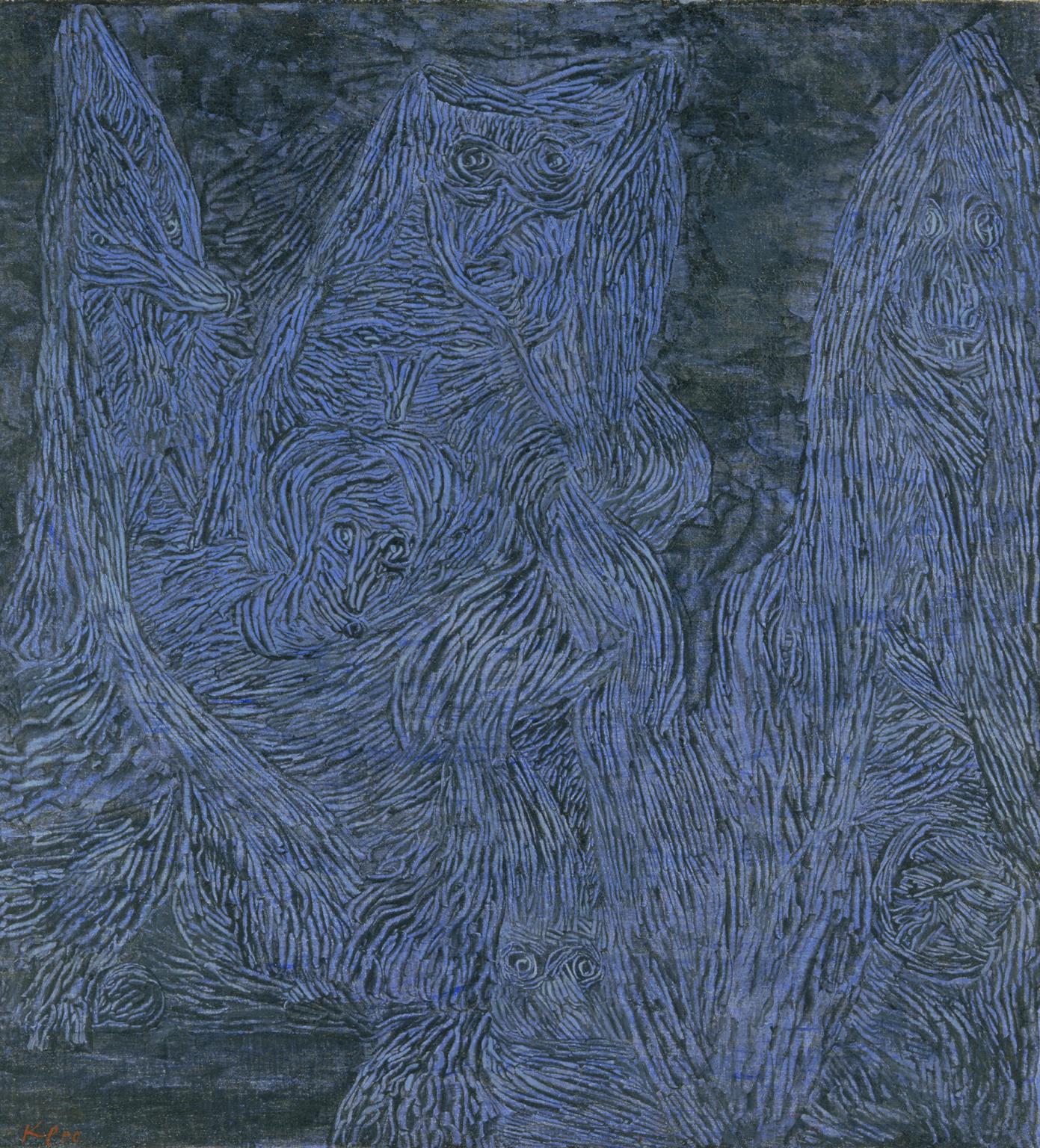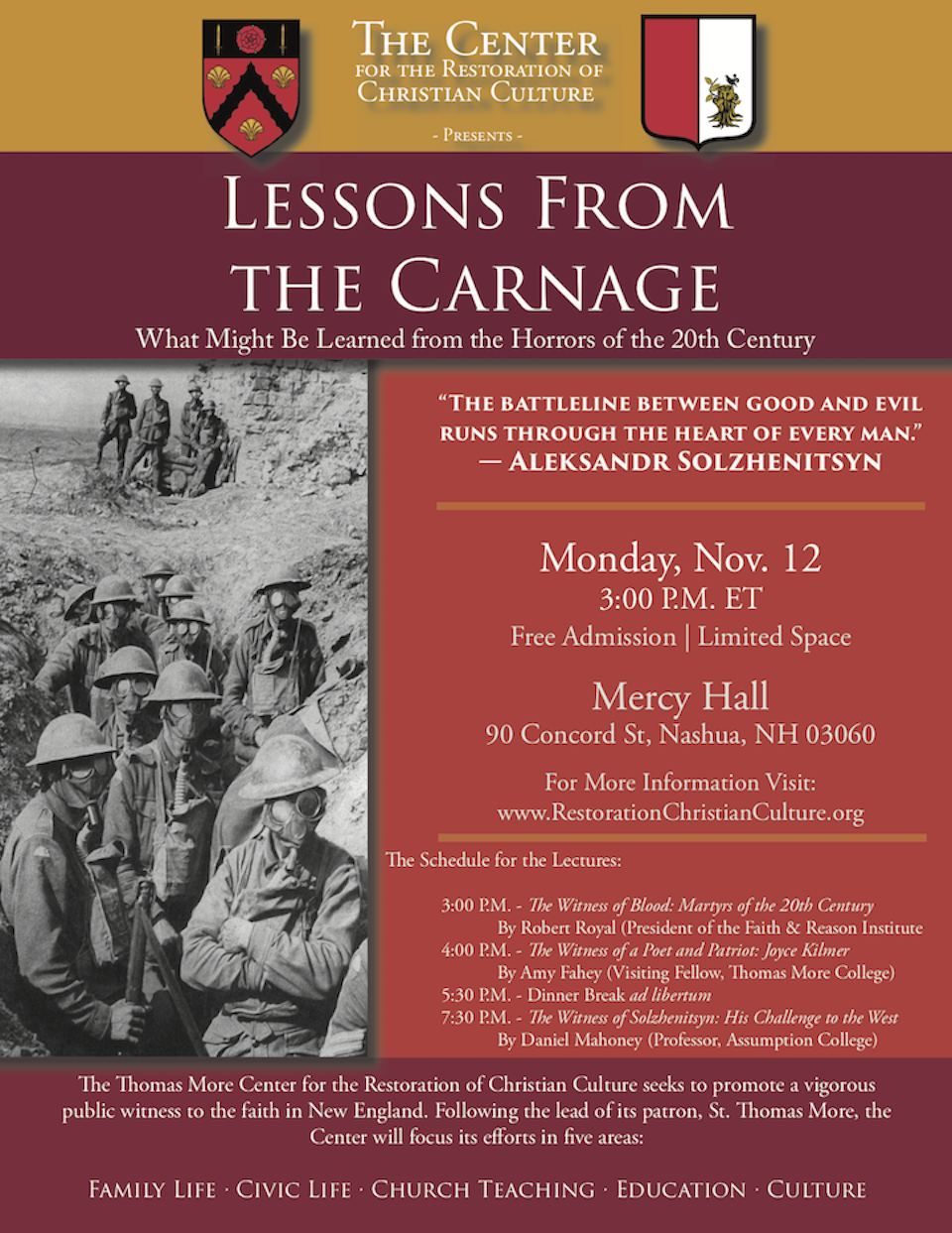Is blacklisting racist?
Or is whitelisting racist? (That’s when someone is taken off a blacklist.)
Or perhaps it is everything. Everything is racist: starting and ending with the people you disagree with (on any subject at all).
This fairly straightforward, anti-antifa thought occurred to me this week when a reader of my “Essays in Idleness” website, out in the Canadian west, found it blocked. Instead of the most recent essay, there was a message from the Internet provider’s (private) security service, giving this ridiculous explanation:
“Category: Hate and Racism.”
By some happy coincidence, my informant, a downline service provider, was familiar with the works. He is now pursuing the matter through the Alice-in-Wonderland territory where censorship decisions of this sort are made, by people who are “officially” untraceable and unaccountable – also for “security reasons.”
Indeed, by the grant of anonymity, the blacklisters are also granted the ability to operate above the law. If a blacklist decision turns out to be egregious and embarrassing to their employer (i.e. gets a lot of publicity), the company officially acknowledges “an error.” The fact that the many thousand little “errors” all happen at one end of the political spectrum, is just one of those repeating, long-odd coincidences, like Darwinian evolution.
As a Canadian, myself, who writes, from positions not always “politically correct,” this was hardly my first blacklisting experience. What struck me this time was how casually it is done; how glib the one-keystroke operation. The perpetrator takes no risks; and even when his action is reversed, his smear has been accomplished.
A little glimpse of our shining future.
When writing a column in (mainstream) newspapers, I was memorably pursued by an amateur litigator in Ottawa, who brought quite literally (numerally?) hundreds of time-consuming formal complaints against me, all invariably frivolous. By her steadfastness, she was able to get hearings for her “complaints” against me before, e.g., the Ontario Press Council – one of which included the allegation that my column was appearing in a secular newspaper, even though I was a “self-admitted” Roman Catholic.
The tactic was effective. After more than a decade, tired of the extraordinary amount of time and legal expenses I was costing them to defend me, as their token conservative, the paper’s management offered me a sufficient sum of money to just go away. (Their alternative was transfer to a desk job.) I was criticized by allies for accepting their offer.
But as Winston Churchill supposedly replied to the sour-faced lady who said that if she were his wife she’d put poison in his tea: “If I were your husband, I’d drink it.” (The quote is actually much older.)
As in many marriages, the process is the punishment, and the object of the sour-faced people is to wear you down. For the smaller targets in the Internet world, as I have discovered, denial-of-service attacks are routine. But the same people, embedded in Internet service companies, now find that unanswerable “hate and racism” blocks are more effective.

There are few games that two cannot play; however poorly.
For the sake of argument, let me observe that all liberals and progressives take instructions from Satan, and that each has membership in a witch’s coven.
There are those who deny this, but consider: this very denial proves that they, too, are working for the demonic powers.
Why shouldn’t we pass laws against witchcraft, the way the Puritans did in old Massachusetts? After all, the Puritans were the shining future there. And until our public demonstrations and pressure groups get the laws passed, surely we would be justified in taking what is called “direct action.”
I can almost sense my readers’ recoil. But what is wrong with you, gentle reader? Are you pro-witchcraft? Might you be taking instructions from the Devil yourself?
If we make brooms illegal, only witches will ride brooms. Or something like that.
Now, I have a confession to make. I am actually against burning witches myself. Yet I am also opposed to the sort of brown-shirt, “antifa” operations that are making the world safe for witches. (Though I should more inclusively add warlocks, or the feminists may get me; and also, transgender witches.)
It was the belief of our own ancestors, going back to the Catholic teachings of Church Fathers, that prudence should apply to the making of laws. There are many bad things that it makes no sense to prosecute as crimes, or worse things would happen than if they stayed legal.
Free speech could be considered an evil, if one reviews many things freely spoken these days. The argument for banning them is thus quite apparent. But as we have repeatedly discovered, when the attempt is made, the results are appalling.
The most hateful and race-obsessed people imaginable wind up sitting in judgment on those who are not, and take their pleasure from convicting them of “hate and racism.”
As Thomas Jefferson argues (not my favorite ex-President, that “limousine liberal”), a free press is not a pretty thing. We may well need laws in the most extreme and consequential, but also demonstrable, cases of libel and slander. But the everyday stuff we must put up with, if we are sane. This strikes me as a solid, Catholic, “backstop” way of thinking.
But is it “actively” Catholic? Is it consistent with, for instance, papal proclamations of the last century or two, or general hints on what to tolerate, drawn from Scripture and Tradition?
Let me provocatively answer, “Yes.” Human free speech — a different thing from the Freedom of which Christ spoke, but not totally unrelated — is something we must accommodate. We have had an interest, from the beginning to the present day, in preserving some space in public discussion, into which the Truth may sometimes be inserted.
But more fundamental is to TELL that Truth, about God and man, regardless what any censor deems to be publicly acceptable.
*Image: Walpurgis Night by Paul Klee, 1935 [Tate, London]. In Germany, Walpurgisnacht (April 30) was when witches were believed to gather on a mountaintop to commune with Satan. Klee was thinking about the Nazis, who had forced him into exile two years earlier.
















